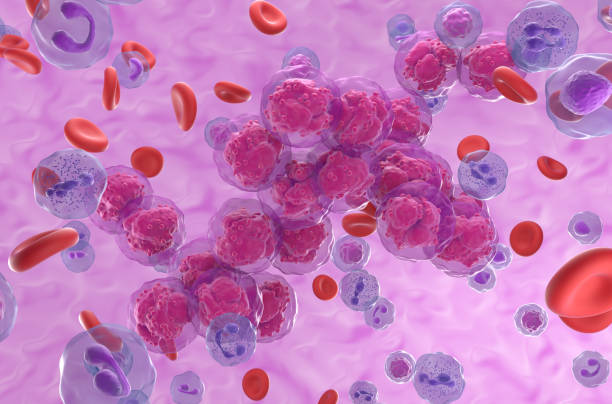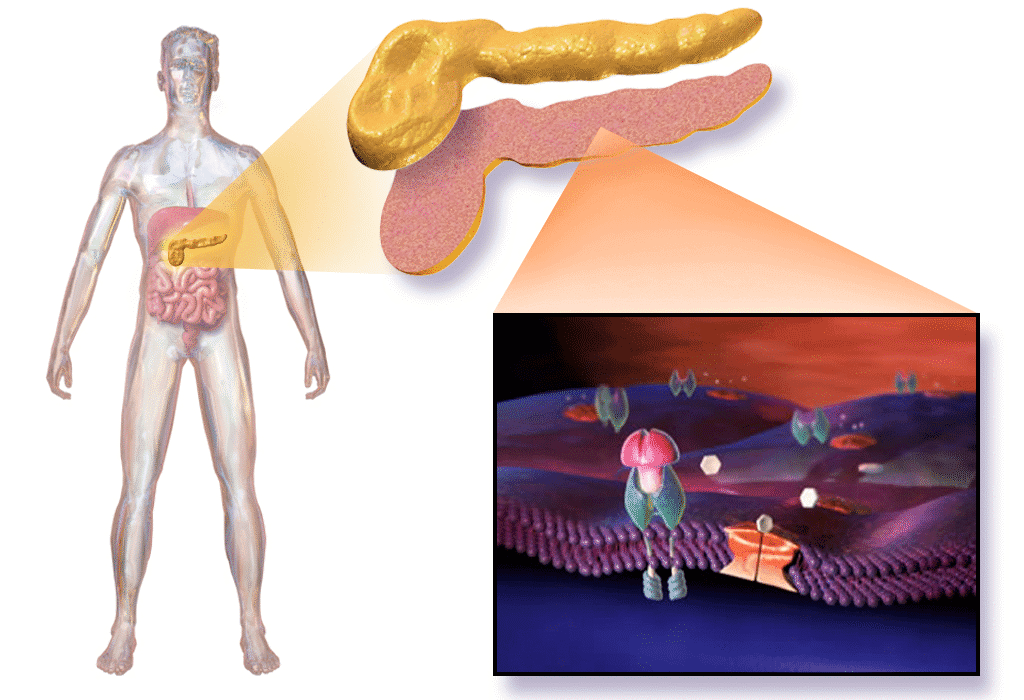In today’s fast-paced, digitally saturated lives, health has become a challenge that extends far beyond curing illness. We live in an age where chronic stress, poor sleep, sedentary routines, and unhealthy diets dominate. Modern medicine, despite its extraordinary advances, often focuses on treating symptoms rather than addressing root causes. Against this backdrop, Ayurveda—an ancient system of health and healing from India—offers a strikingly relevant perspective.
Ayurveda, meaning “the science of life,” is more than 3,000 years old. Rooted in observation, philosophy, and practical experience, it has guided millions toward balance and longevity. At its core, Ayurveda is not just about curing disease but about nurturing life in its fullness—physical, mental, emotional, and spiritual. What makes it extraordinary in the modern context is its emphasis on prevention, balance, and personalization. As Western science increasingly validates many of its practices, Ayurveda is being reimagined as a complementary ally to modern health care.
The Foundations of Ayurveda
To appreciate its benefits, one must first understand Ayurveda’s foundations. It is built upon the idea that every individual is unique, shaped by a combination of three energies, or doshas: Vata (air and space), Pitta (fire and water), and Kapha (earth and water). These doshas govern physiological and psychological functions in the body. Health, according to Ayurveda, is the balance of these energies; illness arises when they are disturbed.
Unlike the “one-size-fits-all” model often seen in modern approaches, Ayurveda sees health as deeply personal. What nourishes one person may imbalance another. This personalized view resonates strongly with today’s emerging field of precision medicine, which emphasizes tailoring health strategies to individual genetics and lifestyle.
Mind-Body Connection: A Holistic Lens
Ayurveda does not separate the body from the mind. It teaches that emotional states influence physical health and vice versa. Stress, anger, or grief are not simply mental phenomena; they manifest in the body as digestive issues, cardiovascular strain, or weakened immunity.
Modern science echoes this through research in psychoneuroimmunology, which shows how stress hormones influence immunity, inflammation, and chronic disease. Practices such as meditation, breathing exercises, and yoga—all deeply tied to Ayurveda—are now widely recommended by physicians for reducing stress, improving sleep, and enhancing overall well-being.
Nutrition as Medicine
One of Ayurveda’s most enduring contributions to modern health is its philosophy of food. It views diet not merely as fuel but as medicine. Each food has qualities—warming or cooling, heavy or light, oily or dry—that interact with an individual’s dosha. The right foods bring balance; the wrong ones disturb it.
Modern nutritional science supports many Ayurvedic principles. For example, Ayurveda recommends eating whole, unprocessed foods, rich in seasonal fruits, vegetables, grains, and spices. This mirrors contemporary advice emphasizing plant-based diets, antioxidants, and anti-inflammatory foods.
Turmeric, long celebrated in Ayurveda, is now studied worldwide for its anti-inflammatory and antioxidant properties. Ginger is recognized for its digestive and anti-nausea benefits. Ashwagandha, an Ayurvedic adaptogen, is being explored for reducing stress and improving resilience. These are just a few examples of how Ayurvedic dietary wisdom aligns with modern biomedical discoveries.
Daily Rhythms and Circadian Science
Ayurveda emphasizes the importance of dinacharya, or daily routines, to maintain health. Rising with the sun, eating meals at consistent times, practicing regular self-care, and aligning activity with natural cycles are considered essential.
Modern chronobiology—the study of circadian rhythms—strongly validates this. Research shows that irregular sleep, late-night eating, and disruption of daily cycles contribute to obesity, diabetes, cardiovascular disease, and mood disorders. Ayurveda’s insistence on syncing with nature’s rhythms now finds powerful support in cutting-edge science.
For example, eating the largest meal at midday, when digestive fire is strongest, is consistent with research showing that metabolism functions optimally earlier in the day. Similarly, Ayurveda’s advocacy of winding down before bed supports findings on the harmful effects of screen time and artificial light at night.
Stress Reduction and Mental Clarity
Ayurvedic practices for calming the mind—such as meditation, pranayama (breathing exercises), yoga, and mindfulness—are now mainstream tools for stress management. They are scientifically proven to reduce cortisol (the stress hormone), improve emotional regulation, and even rewire brain pathways associated with focus and resilience.
Meditation and yoga, deeply rooted in Ayurvedic philosophy, are prescribed not only for mental health but also for physical conditions like hypertension, chronic pain, and insomnia. Modern neuroscience has shown that meditation enhances gray matter in regions related to learning, memory, and compassion, while yoga improves heart rate variability and lowers inflammatory markers.
In a world where anxiety and burnout are epidemic, Ayurveda’s stress-reducing tools are more essential than ever.
The Role of Detoxification
Ayurveda places strong emphasis on detoxification, or shodhana, most famously through Panchakarma—a series of therapies designed to cleanse the body of accumulated toxins (ama). Practices such as oil massage (abhyanga), steam therapy, herbal enemas, and nasal cleansing aim to restore balance and rejuvenation.
While some aspects of Panchakarma remain controversial in Western medicine, the concept of detoxification resonates with modern concerns about environmental toxins, processed food, and chronic inflammation. Studies suggest that Ayurvedic cleansing practices can improve metabolic function, reduce oxidative stress, and promote better digestion.
Even simpler practices, like starting the day with warm water and lemon or practicing tongue scraping, align with modern understandings of hydration, digestion, and oral microbiome health.
Ayurveda and Chronic Disease
One of the most compelling modern applications of Ayurveda is in managing chronic diseases. Unlike acute infections, chronic illnesses such as diabetes, obesity, arthritis, and cardiovascular disease develop over years and are deeply influenced by lifestyle and environment.
Ayurveda’s strength lies in prevention and long-term management rather than quick fixes. By addressing diet, exercise, mental well-being, and daily routines, it helps manage conditions holistically.
For example, research shows that Ayurvedic herbs like bitter melon and fenugreek support blood sugar regulation. Lifestyle practices, such as mindful eating and regular movement, help prevent metabolic disorders. The integrative approach of Ayurveda—addressing root causes rather than just symptoms—aligns with the modern push for lifestyle medicine.
Ayurveda and Immune Resilience
The COVID-19 pandemic highlighted the importance of immune health. Ayurveda has long emphasized strengthening ojas—the vital essence linked with immunity, resilience, and vitality. Practices such as adequate rest, stress reduction, nourishing diet, and specific herbs like tulsi (holy basil) and amla (Indian gooseberry) are said to support immunity.
Modern research supports this. Amla is one of the richest sources of vitamin C, a powerful antioxidant. Tulsi has antibacterial, antiviral, and anti-inflammatory properties. Adaptogens like ashwagandha and guduchi are studied for their ability to regulate immune responses and reduce stress-induced vulnerability.
In this way, Ayurveda provides a comprehensive approach to immune health—preventive, holistic, and personalized.
Women’s Health and Ayurveda
Ayurveda also offers profound insights into women’s health, from menstruation to pregnancy to menopause. It emphasizes balance during hormonal shifts, advocating supportive diets, herbs, and self-care practices.
For example, shatavari, often called the “queen of herbs,” is traditionally used to support reproductive health and hormonal balance. Modern studies suggest it may help with fertility, lactation, and menopausal symptoms. Ayurvedic lifestyle practices, like warm oil massages, also support circulation and relaxation, reducing menstrual discomfort and promoting well-being.
In modern times, where women often face unique health challenges due to stress, multitasking, and lifestyle pressures, Ayurveda’s gentle, nurturing practices provide an empowering framework.
Aging Gracefully with Ayurveda
Aging, in Ayurveda, is not something to fear but to embrace with wisdom and care. The system emphasizes rasayana—rejuvenation therapies aimed at promoting longevity, vitality, and clarity of mind. These include specific diets, herbs, meditative practices, and supportive routines.
Modern science confirms that lifestyle factors profoundly influence aging. Regular movement, antioxidant-rich diets, stress reduction, and social connection slow down cellular aging and preserve brain function. Ayurvedic rasayana practices, such as consuming chyawanprash (a herbal preparation rich in amla) or adopting meditation, align beautifully with scientific findings on healthy aging.
Ayurveda and Modern Medicine: A Partnership
Some skeptics dismiss Ayurveda as unscientific, but increasingly, research is bridging the gap. While not every practice is validated, many are supported by modern studies. The key is integration: using Ayurveda not as a replacement but as a complement to modern medicine.
For instance, a cancer patient undergoing chemotherapy may use Ayurvedic nutrition, meditation, and gentle yoga to reduce side effects and improve resilience. Someone with hypertension may combine prescribed medications with stress-reducing Ayurvedic practices. This integrative model maximizes strengths while minimizing limitations of each system.
The future of health may not lie in choosing between Ayurveda and modern medicine but in weaving them together for comprehensive, person-centered care.
Scientific Challenges and Cautions
It is important, however, to approach Ayurveda with discernment. Not all Ayurvedic remedies are backed by rigorous clinical trials, and some commercial products may be contaminated with heavy metals or adulterated. Self-medicating with potent herbs can also be harmful.
This is where modern science plays a crucial role—testing, standardizing, and ensuring safety. Responsible integration requires respecting Ayurveda’s wisdom while applying scientific rigor. When practiced mindfully, Ayurveda is a powerful ally; when misused, it can be risky.
Rediscovering Wholeness
At its heart, Ayurveda invites us to see health not as the absence of disease but as the presence of harmony—within the body, the mind, the spirit, and the world around us. In a society that often fragments health into isolated parts, Ayurveda reminds us that we are whole beings, inseparably connected to nature.
The relevance of Ayurveda in modern health lies in this vision of wholeness. It teaches us to eat mindfully, to live in tune with natural rhythms, to calm the restless mind, and to respect individuality. It reminds us that prevention is as important as cure, and that health is not just about surviving but about thriving.
Conclusion: Ancient Wisdom for Modern Lives
As modern health systems strain under the weight of chronic disease and mental health crises, Ayurveda offers not only remedies but perspective—a way of living that restores balance in a world of imbalance. Its practices, many now supported by science, can complement modern medicine and empower individuals to take charge of their well-being.
The benefits of Ayurvedic practices for modern health are not confined to exotic herbs or ancient rituals. They live in daily choices: rising with the sun, eating fresh foods, breathing deeply, calming the mind, and honoring the body. In these choices, Ayurveda offers something timeless—a reminder that health is not simply about curing illness, but about cultivating life itself.






